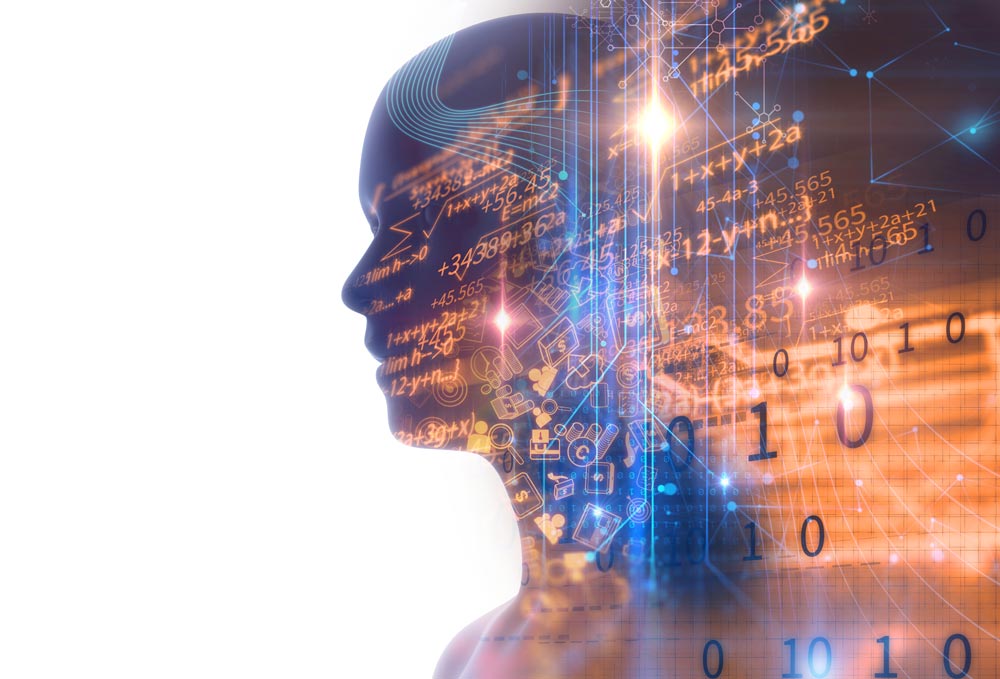Machine Learning in Healthcare

Machine Learning (ML), a specialized branch of Artificial Intelligence, is rapidly transforming the healthcare sector by enhancing disease diagnosis, personalizing treatment, and improving overall patient care. Its ability to learn from data and identify patterns without significant human intervention is revolutionizing various aspects of medical practice.
Revolutionizing Disease Diagnosis and Treatment
ML’s profound impact in healthcare is most evident in its role in disease diagnosis and treatment. By analyzing extensive data sets – including patient records, medical images, and genetic information – ML algorithms have become instrumental in diagnosing diseases more accurately and efficiently. For instance, in the realm of medical imaging, ML algorithms are used to detect early signs of cancer in X-rays, MRI scans, and other imaging techniques. These algorithms search for abnormal signals within the images, identifying areas that might be affected by disease. This not only aids doctors in making more precise diagnoses but also contributes to the development of effective treatment plans. Moreover, ML has been pivotal in identifying infectious diseases by analyzing patterns in electronic health records, enhancing the ability of healthcare professionals to predict and manage disease outbreaks.
Personalizing Patient Care
One of the most notable benefits of ML in medicine is its ability to tailor treatment plans to individual patients. By analyzing a patient’s medical history, genetic data, and other relevant information, ML algorithms can suggest personalized treatment options. This approach significantly improves treatment effectiveness, reduces the risk of complications, and marks a shift towards more patient-centered care.
Accelerating Drug Discovery and Development
The traditional process of drug discovery and development is lengthy and costly, with many drugs failing in clinical trials. ML is changing this landscape by enabling faster, more efficient drug development processes. By analyzing data from previous clinical trials, laboratory studies, and patient records, ML algorithms can identify promising candidate drugs and predict their effectiveness. This accelerates the process of bringing new drugs to the market and offers hope for treatments for diseases that currently have limited options.
Enhancing Predictive Diagnostics
ML’s capability in predictive diagnostics is another area of significant impact. By training on clinical data, laboratory results, and imaging, ML models can recognize patterns associated with diseases and identify factors influencing their development.
These models are particularly useful in identifying individuals who require further examinations or immediate treatment, thus facilitating early intervention and reducing the risk of severe disease progression.
Transforming Telemedicine and Remote Monitoring
The emergence of ML has also facilitated the growth of telemedicine. ML algorithms can analyze data from wearable devices like heart rate monitors and glucose sensors, providing healthcare professionals with real-time insights into patient health. This is particularly beneficial in monitoring chronic conditions and ensuring that patients receive timely and appropriate care, even from a distance.
Improving Healthcare Management
In addition to direct patient care, ML helps in the efficient management of hospitals and health centers. It aids in distributing medical resources more effectively, monitoring surgeries with robotic assistance, and managing the vast amounts of data generated during medical imaging procedures. By tracking patient medical histories, ML contributes to a more holistic understanding of patient health, leading to better-informed treatment decisions and improved outcomes.
The Future: Precision Medicine and Data Analysis
As technology continues to advance, ML’s role in healthcare is expected to become even more significant.
There is a growing interest in precision medicine, fueled by the availability of vast amounts of patient data and applications.
ML algorithms help parse through these large datasets in electronic health records, finding patterns and insights that would be challenging to discern manually. Machine Learning in healthcare is more than a technological advancement; it’s a transformative force reshaping every aspect of medical practice.
From improving diagnostic accuracy and personalizing treatments to revolutionizing drug development and predicting diseases, the applications and benefits of ML in healthcare are vast and continually evolving.
As we move forward, ML’s role in healthcare will likely grow, becoming an essential tool for healthcare professionals and systems worldwide.














